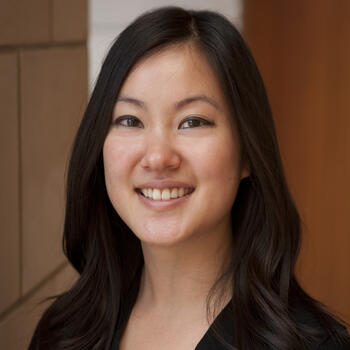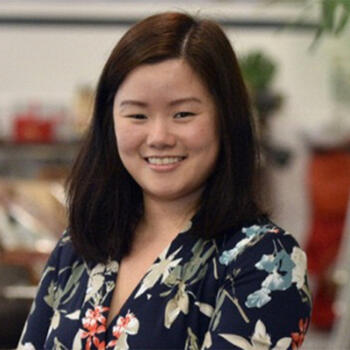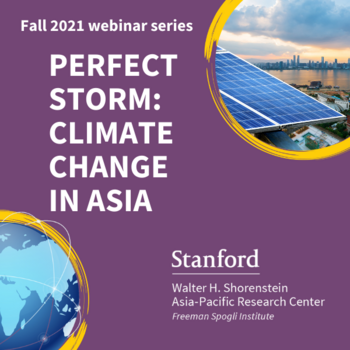Facing Code Red: Climate Change in Southeast Asia
Facing Code Red: Climate Change in Southeast Asia
Tuesday, October 19, 20215:00 PM - 6:30 PM (Pacific)
Via Zoom Webinar
Register: https://bit.ly/3ulj9jV
North Carolina time: 19 October, 2021, 8:00-9:30 pm; Singapore time: 20 October, 2021, 8:00-9:30am
Viewed alongside other world regions, Southeast Asia is uniquely vulnerable to major damage by global warming. Its coastlines are lengthy and subject to searise. Its urban centers of economic and political gravity are mainly riverine or deltaic. Its agriculture requires optimal levels and rhythms of waterflow, as do its polluted main veins, the Mekong and the Irrawaddy. In already tropical conditions, heatwaves are especially enervating. Nor has the region escaped extreme weather events. The ten most afflicted countries worldwide in that regard include Myanmar, the Philippines, Thailand, and Vietnam. With this background in mind, Angel Hsu and Melissa Low, two scholars with deep regional and policy knowledge will consider questions such as: What has been and is being done, by whom, and with what chances of success? Can currently worsening trends be reversed? Mitigated? Or is adaptation the sole plausible recourse? Who will represent the interests of the unborn generations who will suffer the long-term consequences of present-day indifference and delay? Will effective policy require authoritarian politics? Given that the largest current and historical emitters of greenhouse gases are, respectively, China and the US, what roles should and will they play? And how, if at all, will global versions of these questions be addressed and answered in November in Glasgow at COP26?



